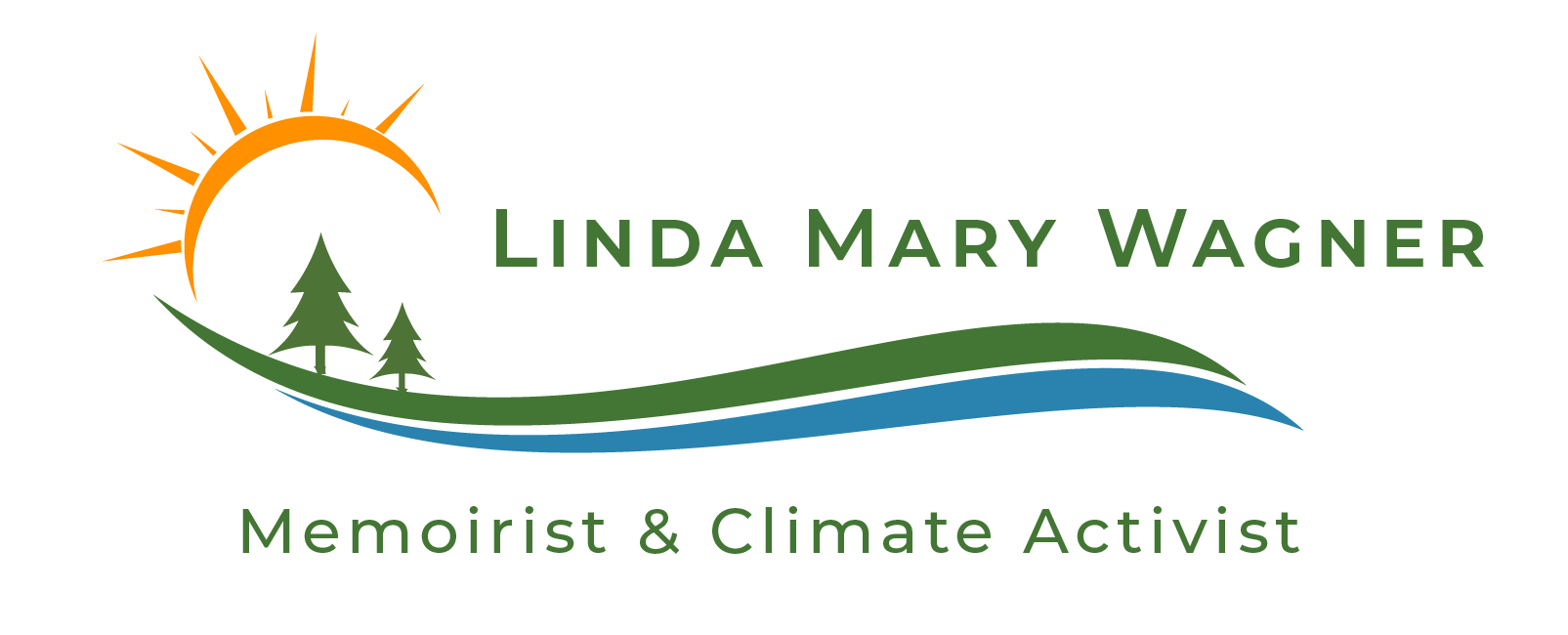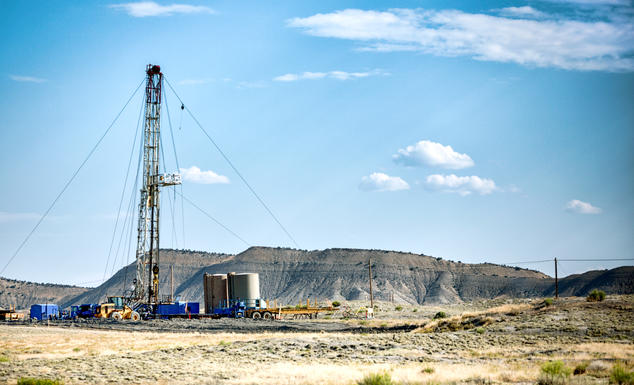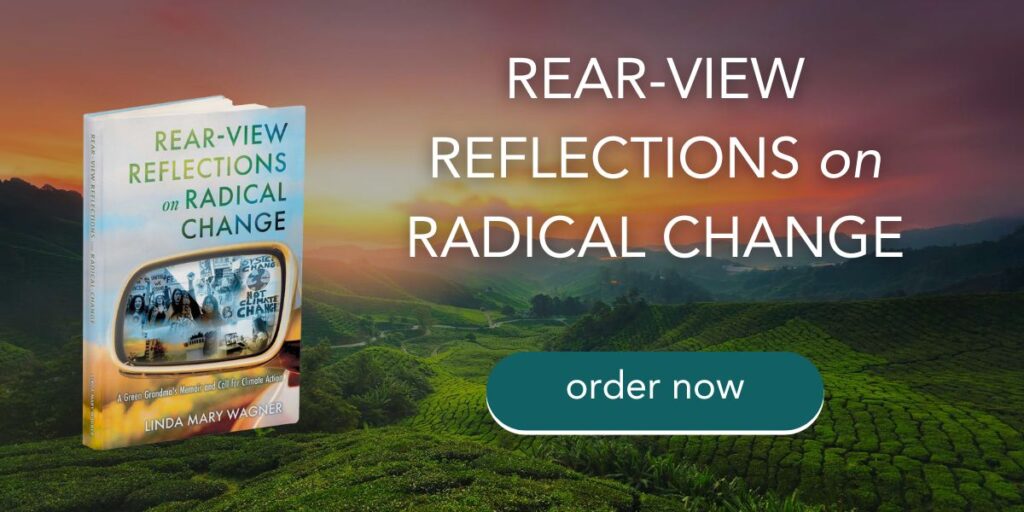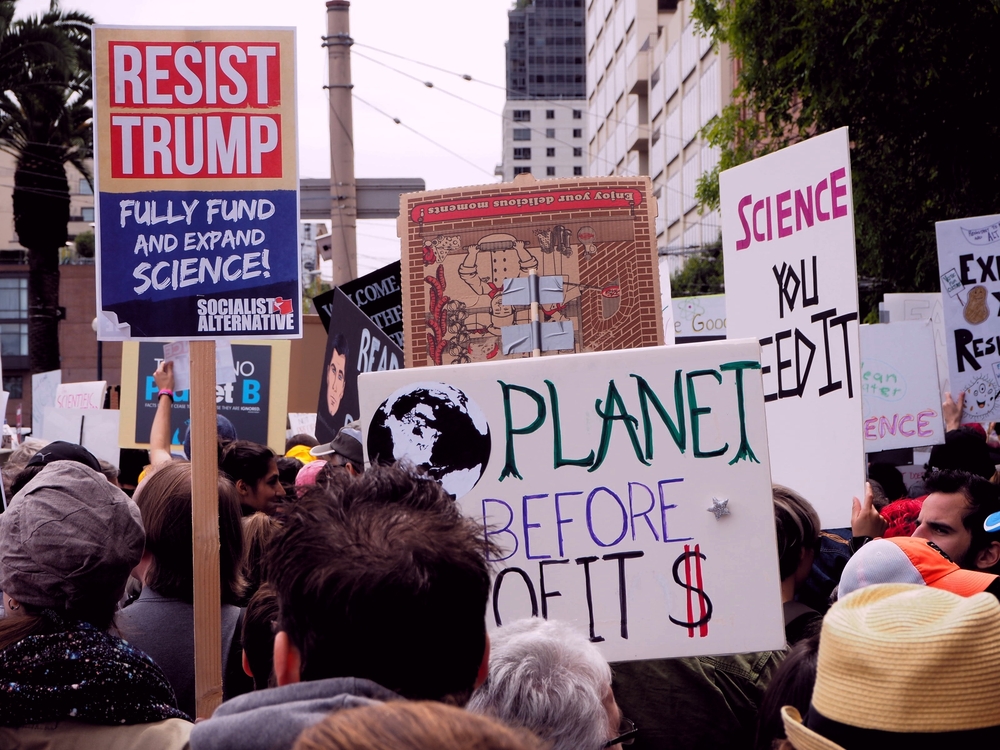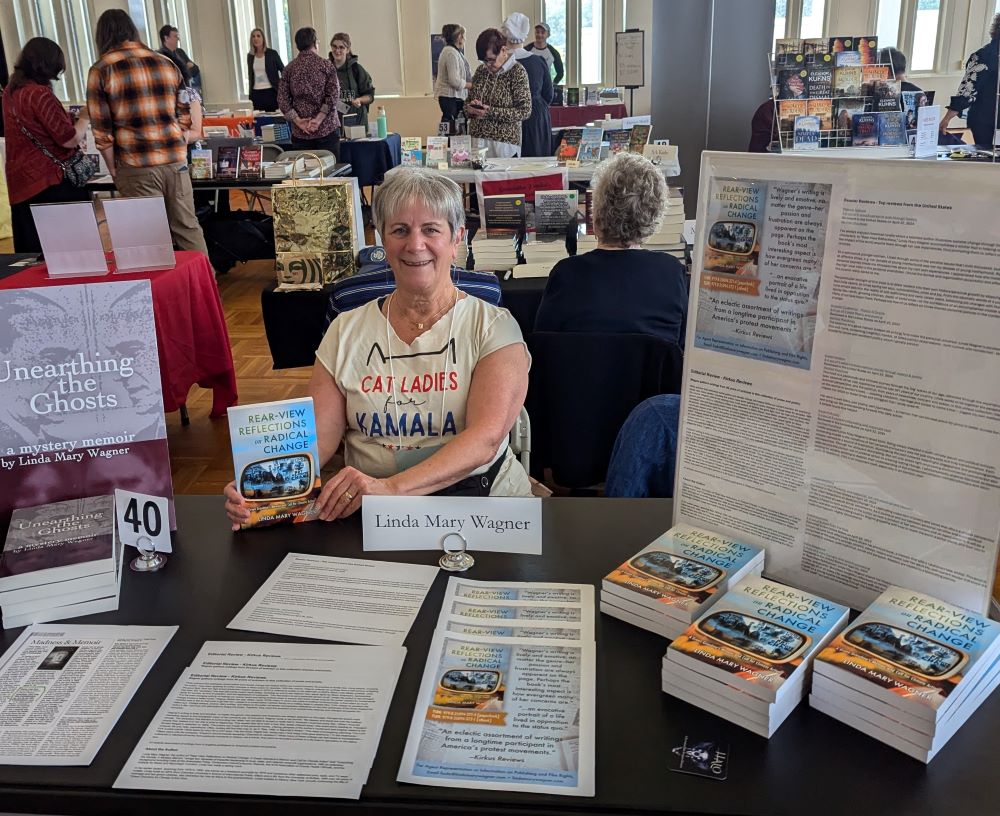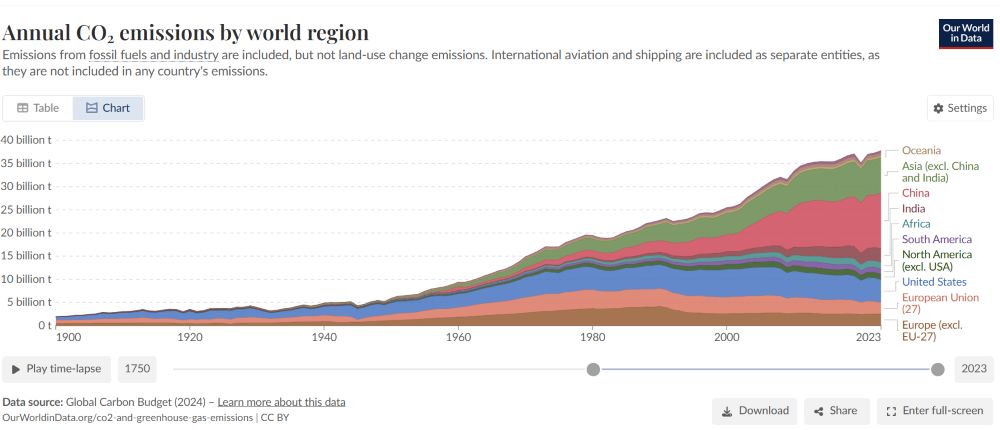On a clear day in Colorado, a hydro-fracking operation may not appear hazardous. But in late 2014, New York State’s Commissioner of Health determined, after extensive study, that the water and air pollution risks of horizontal hydro-fracking were too great to human health to allow the drilling within New York State. Meanwhile, New York’s Commissioner of Environmental Conservation concluded, “The economic benefits are clearly far lower than originally forecast.”
UPDATE to blog post below, originally written in 2018. In 2019, the states of Oregon and Washington joined New York, Maryland and Vermont in banning hydrofracking. In April 2020, the New York State legislature permanently banned fracking in its Fiscal Year 2021 Budget—one of several budget items that prioritized the health and future of New York’s people and environment. This measure came five years after Governor Andrew Cuomo initially banned fracking in New York State. Codifying the ban makes it permanent, protecting generations to come. In February 2021, the regulatory agency in charge of managing the Delaware River and its tributaries voted last week to permanently ban natural gas drilling and fracking within the entire four-state watershed, which supplies the drinking water for more than 13 million people in Pennsylvania, Delaware, New Jersey, and New York. California will halt issuance of fracking permits by 2024. The interstate Delaware River Basin Commission (DRBC) cited the scientific evidence that fracking has polluted drinking water, surface water, and groundwater.
New York State’s decision to ban the drilling process called “horizontal hydraulic fracturing” for at least six years has not stopped other states from permitting this deep drilling for gas and oil. And it has not stopped the flow of dark money from private hydro-fracking profiteers into the campaign coffers of elected officials and candidates.
In her glowingly reviewed investigative book, Dark Money, author Jane Mayer points out that the Koch network of ultra conservative, anti-regulatory political donors to Republican candidates and officials is filled with wealthy people who share this characteristic: “private ownership of their businesses.” Private ownership limits their obligations for public disclosures and shareholder scrutiny. Mayer notes that hydro-fracking investors in this group include J. Larry Nichols, of Devon Energy, based in Oklahoma, and Harold Hamm of Continental Resources, which has operated extensively in North Dakota. Both firms, like many others in the Koch donor network, have been in legal trouble in the past due to violations of laws governing environmental protection and/or worker safety.
Donations from this “dark money” network buy elected officials’ opposition to regulation that protects clean air, clean water, and energy industry workers. As Mayer has documented, this network and its affiliates also pump propaganda and misinformation against valid and legitimate climate change science into conservative media channels and the minds of gullible American voters.
Affiliates of the donors in the Koch dark money network include nonprofit groups with benign-sounding names such as the Southeast Legal Foundation, the Landmark Legal Foundation and the National Center for Public Policy Research. These three organizations mounted a brutal disinformation campaign against the reputation of leading climate change scientist Michael Mann. After Mann’s research and integrity were upheld, he stated, “In the scientific community, the degree of confidence in climate change is rising. In the public, it’s either steady or falling…That wedge is what the industry has bought.”
To ensure that elected officials in the U.S. represent the broad majority of the American people in what is supposed to be a democratic republic, it is essential that we limit the powerful influence of private profiteers when they jeopardize the public interest. Dark money like that of conservative billionaire donors is as corrosive to our democracy as are the Russian bankers and oligarchs who are in league with Putin and the Internet Research firm that, according to evidence in a federal indictment, interfered with our 2016 Presidential election.
In the meantime, it is open to question how effective New York State’s ban on hydro-fracking will be in the long run when it comes to protecting the state’s environment and public health. For more on that, see: https://stateimpact.npr.org/pennsylvania/2017/12/08/new-yorks-heralded-fracking-ban-isnt-all-its-cracked-up-to-be/.
